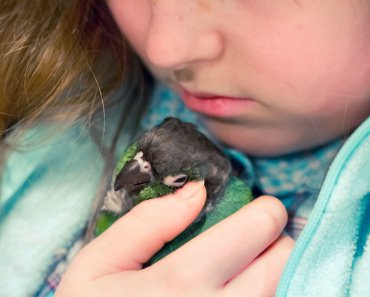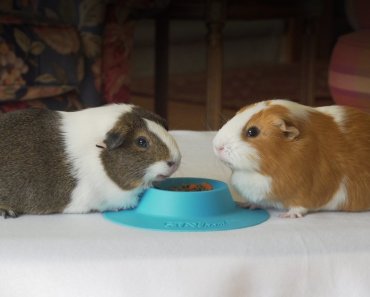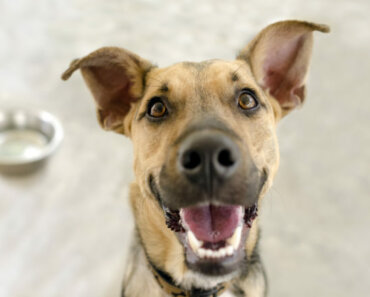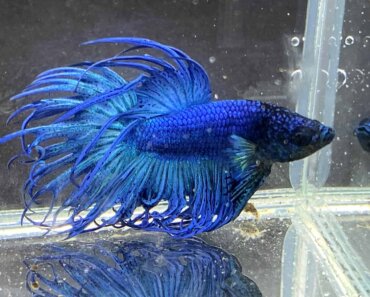Housetraining is one of the biggest challenges that pet parents face when they bring a new puppy home. It typically takes between four and six months for a puppy to be fully housetrained, but it’s not unheard of for it to take up to a year. To help make sure your own puppy’s housetraining is closer to four months than 12, we’ve put together some tips to help you out.
Consider crate training
Using a crate while housetraining can do wonders to speed up the
process. Dogs are very clean animals and don’t want to soil the place where
they also relax and sleep. Knowing this, choose a crate where they have enough
room to move around but not enough that they can go to the bathroom and keep
away from it easily. When your puppy has to go, they will signal that they need
to get out of the crate by scratching or vocalizing and you can quickly get
them outside.
Go outside frequently
Throughout your puppy’s housetraining process, you want to take them out at least every two hours – but ideally between every 30 mins to an hour – starting when they first wake up. Additional trips should also be made after they have been playing, eating, or drinking.
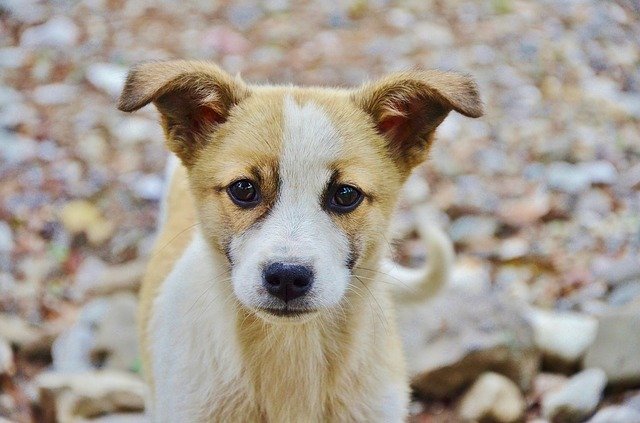
Visit the same bathroom
spot
It’s helpful to pick a bathroom spot outside and visit it each
time you go out. By taking them back to the same spot, they will recognize
their scent and be prompted to go. You can also use a specific word or phrase
while at this spot, which they will learn to associate with doing their
business.
Give timely rewards
Offer your puppy a high-value reward, such as their favorite Freshpet treat or recipe, every time they go to the bathroom outdoors. It’s important that you give them the treat immediately after they go, so bring some in your pocket each time you go out. If you wait until they’re back in the house, it will be difficult for them to know what specific behavior they are being rewarded for.
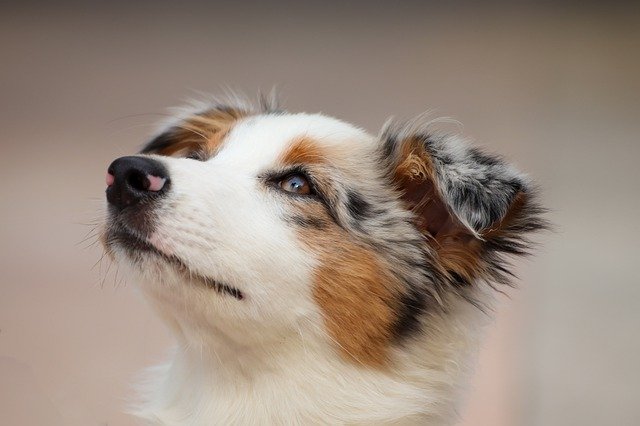
Keep a consistent
feeding schedule
When you put your puppy on a consistent feeding schedule, you’ll
quickly learn how long it is between the time they eat and when they need to go
out. After a while, you may be able to predict what times you should take them
out, which will save you from having to go out as frequently.
Limit water intake
before bed
To reduce the likelihood that your puppy will need to go to the bathroom during the night, try emptying their water bowl a few hours before they go to bed. Most puppies can comfortably sleep several hours without needing to relieve themselves, which if timed well, could mean a full night of uninterrupted sleep for you both! If they do have to go out during the night, make it a quick trip without much fuss so they don’t become too active to sleep again.
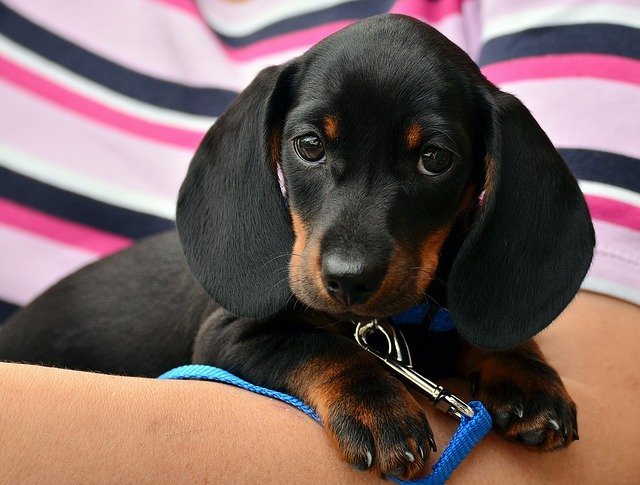
Learn to recognize
their signs
Puppies usually have consistent “signs” when they need to go to
the bathroom, some of the most common being whining, barking, excessive
sniffing, and circling. Over time you’ll learn what behaviors they display when
they need to go and this can help you get them outside before an accident
occurs.
Find a good cleaning
product
Accidents happen and that’s okay! Instead of using an
ammonia-based cleaner, opt for an enzymatic cleaner that eliminates odors that
may attract your puppy back to the same spot next time they need to go.
Give timely behavioral
corrections
If you find that your puppy has had an accident but you weren’t there to witness it, don’t punish them. They will not be able to make the connection between the accident and the punishment and this can lead to fearful behavior, which can ultimately increase the chances of them having an accident in the future. When you do catch them having an accident, clap your hands or make another loud noise to startle them (not scare them) and immediately take them outside to their usual bathroom spot. Once they finish there, give them plenty of praise and reward them with their favorite Freshpet treat.
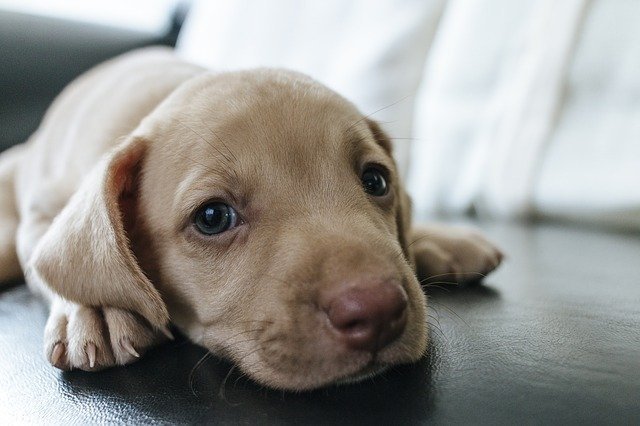
Don’t be afraid to ask
for help
For first-time dog parents, in particular, the process of housetraining your puppy can be daunting. If you don’t know where to start or are having trouble with any part of the process, don’t be afraid to ask for help. Your veterinarian may be able to provide some helpful tips or can put you in touch with a trainer for professional help.
Housetraining your puppy is hard work, but we hope these tips
help make it a quick and smooth process!


